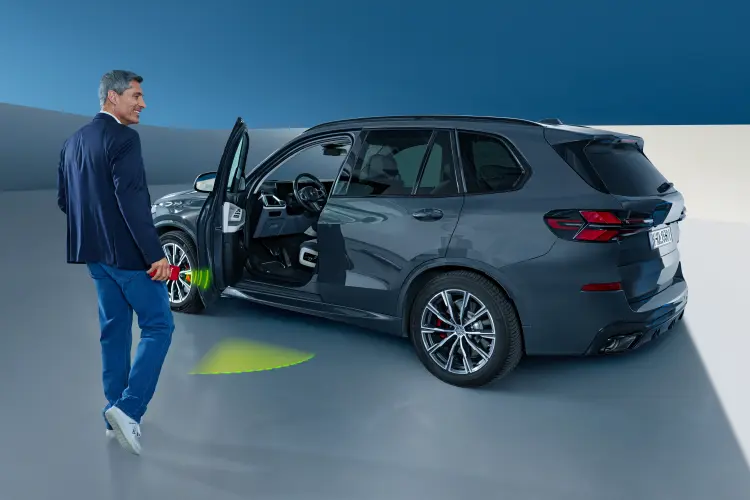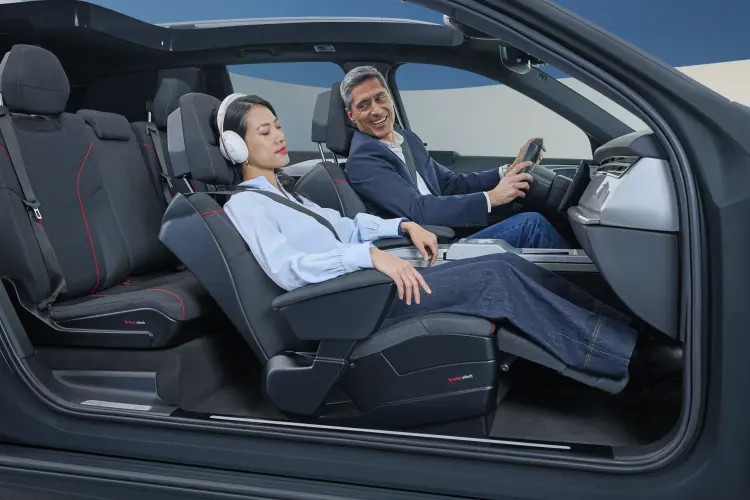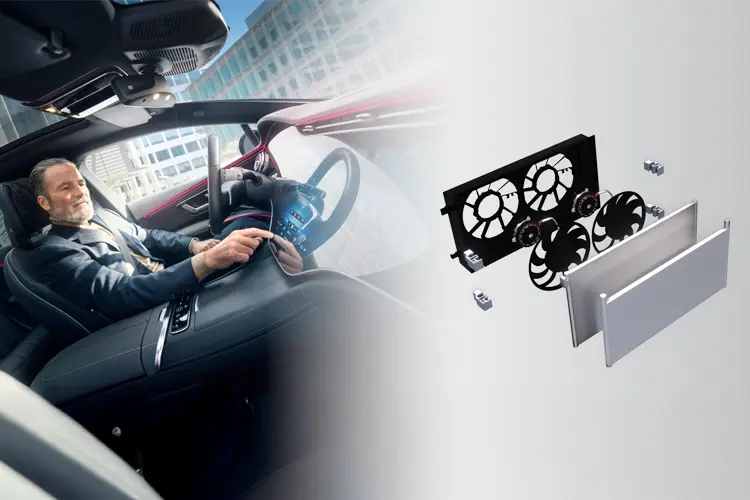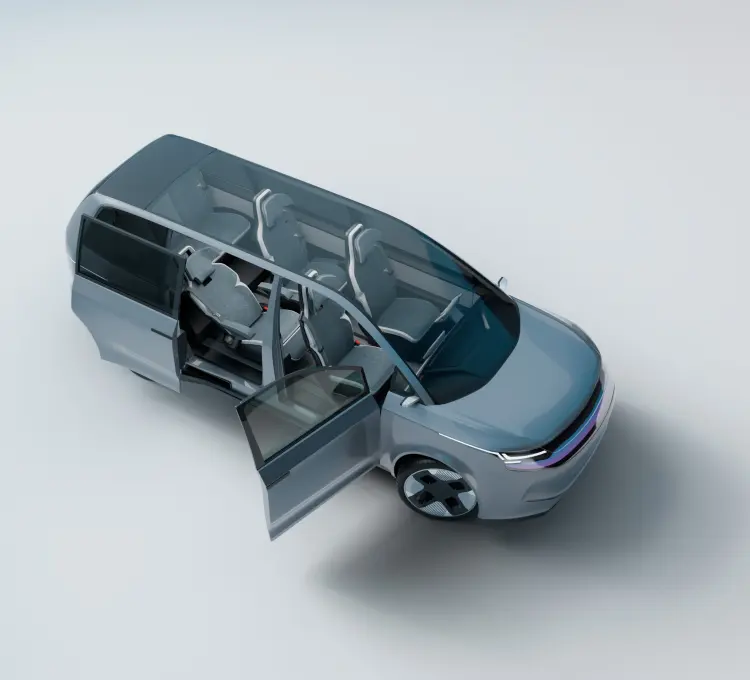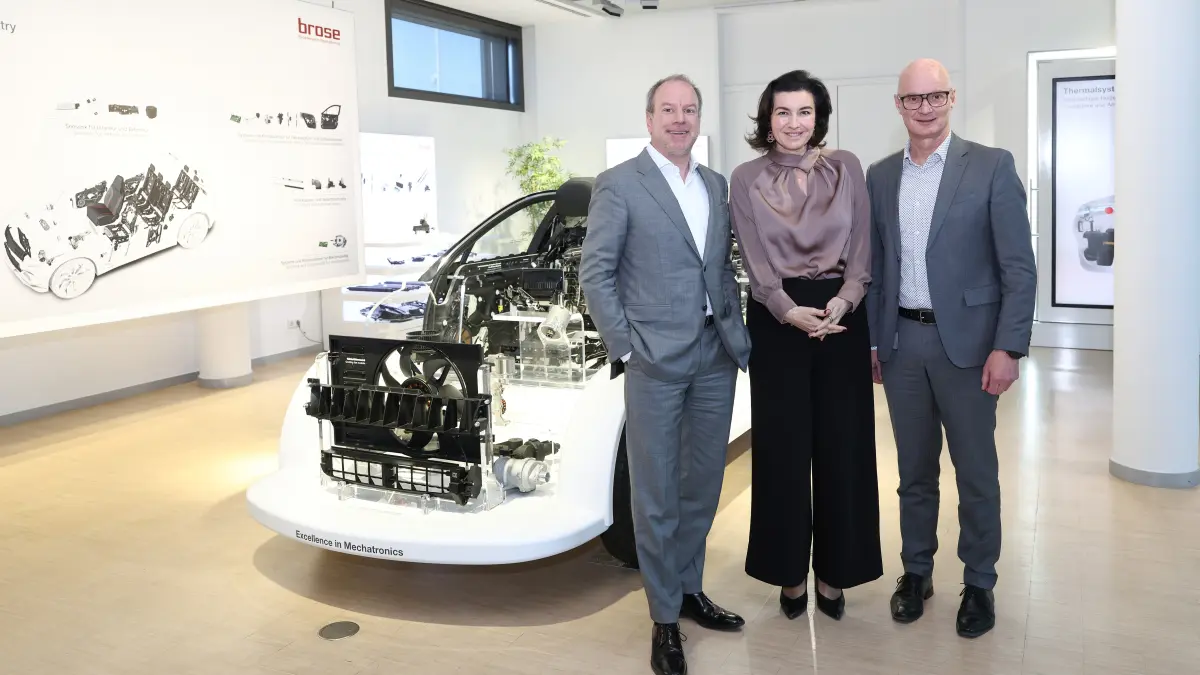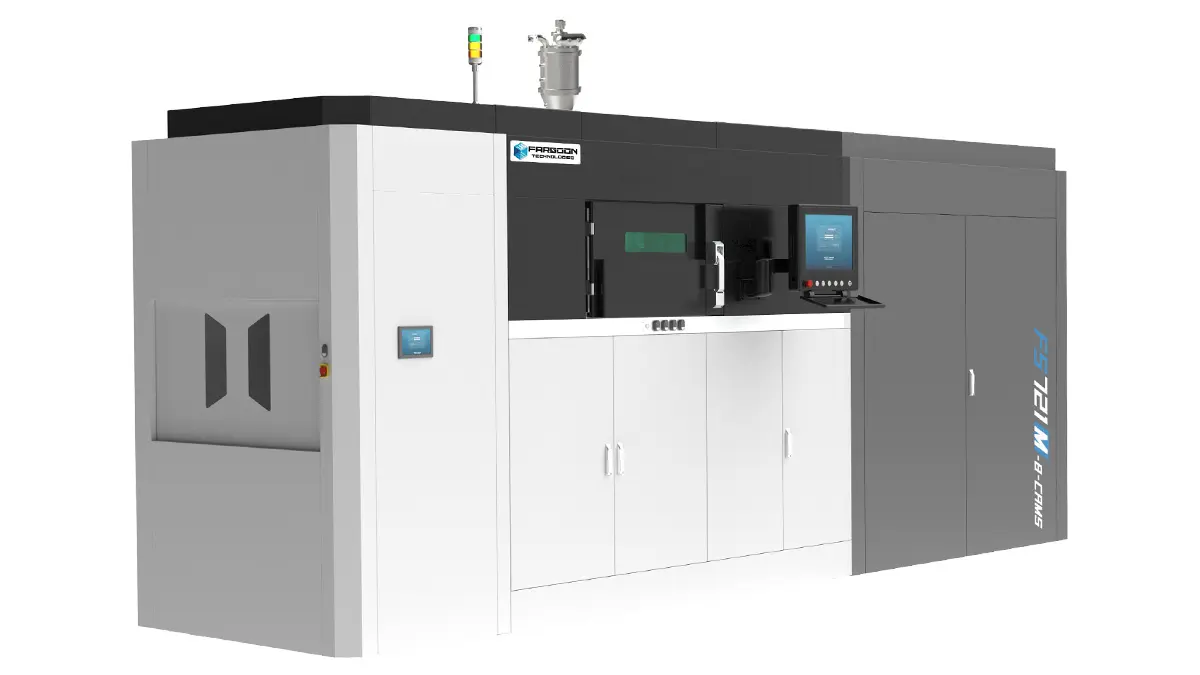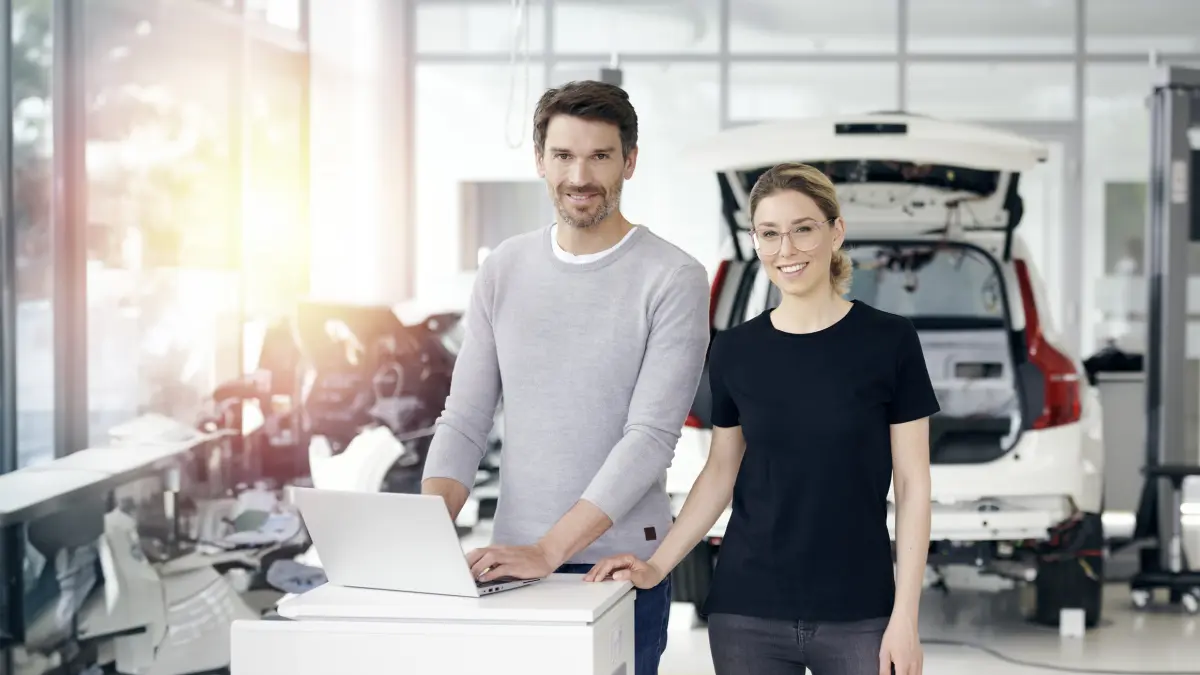Brose is the largest privately owned German company in the supplier industry.
- Employees
- 31,000
- Locations
- 68
- Countries
- 24
Mechatronic components and systems
The core competence of Brose is the synthesis of mechanical, electrical and electronic systems. Worldwide, every third new vehicle is equipped with at least one Brose product.
